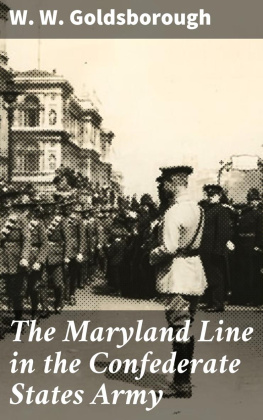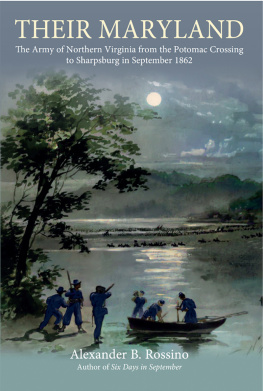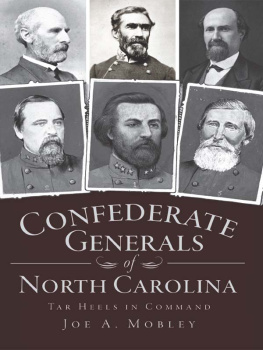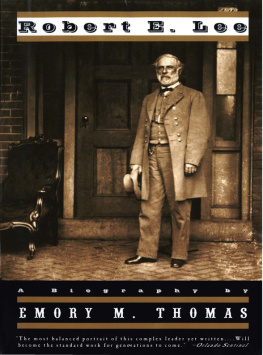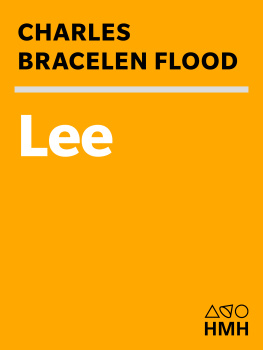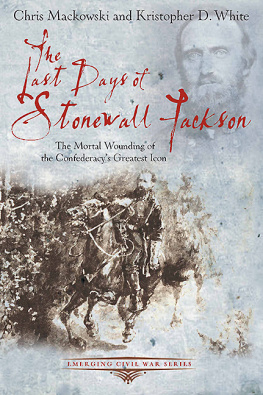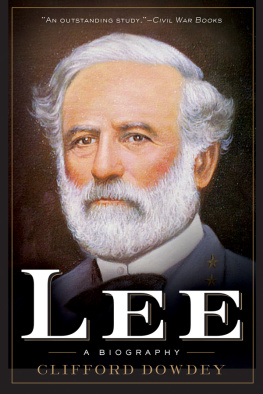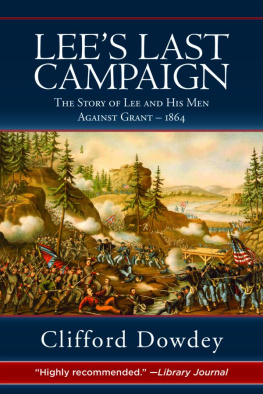Introduction.
Table of Contents
Almost four years have elapsed since the surrender of General Lee at Appomattox Court House, and as yet nothing has been presented to the world to show the prominent part taken in the Great Rebellion by the sons of Maryland. It is a glorious and important page in her honored history, and future generations seem likely to look in vain for a record of the patient suffering and heroic achievements of their forefathers when struggling for their rights against Yankee tyranny and oppression, and which was not surpassed by their sires of the Revolution of 76.
Thus believing, the author has yielded to the importunities of many of the officers and men of the several commands that composed the young Maryland Line, and presents to the public a little book describing briefly its operations during those four eventful years, and to which they can refer, and by which future historians may be in a measure guided. That it is written by a feeble pen, and by one unaccustomed to such work, will be seen at a glance, and he therefore craves the indulgence of a generous people.
It is much to be regretted that the young men who went South did not organize themselves into one command; but the proper steps were not taken in time, and consequently batteries and companies of infantry and cavalry were assigned to other commands whose States were accredited with their services. Nevertheless Maryland had one representative, at least, in this little organization, and for which she has no reason to blush.
The books at the War Department contained the names of over twenty thousand Marylanders in the service, and still at no time could the Maryland Line be increased to the proportions of a brigade, much less a division.
One great reason for this was the fact that they were required to officer companies, regiments, and brigades of troops from other States, for, as a general thing, the young men from Maryland were of a superior order intellectually, who were actuated by patriotism alone, and not driven into the service by the conscript officer, or influenced by mercenary motives.
Thinking to contribute to the interest of this little book, the author has added a few incidents of a personal character, which, with the Maryland Line, he hopes will be favorably received by the Southern people, and by that portion of the people of the North from whom we received a sympathizing tear during our struggle for independence.
Baltimore , February, 1869.
CHAPTER I.
Table of Contents
It was towards the close of April, 1861, that several members of the Baltimore City Guard Battalion (which organization had been under arms since the memorable 19th) were sitting around the dinner table in their armory, discussing the probability of Baltimore soon being in the possession of the troops under the command of the subsequently infamous Benjamin F. Butler. Various were the opinions expressed; but it was pretty generally conceded that, to use Hawk-Eyes expression, the city was circumvented, and the Maryland Militia had no longer any terrors for the doughty Butler and his legions. I had long before determined upon going South, when I could no longer serve my native State; and such was also the determination of most of those around me.
The thing is up, boys, said Dr. Harry Scott, Surgeon of the Guards, and we now begin to see who is who. All seemed mighty anxious for a fight last Sunday; but, Lord, what a change has come over the spirit of their dreams! of glory and of conquest, now that the city is about to fall into the hands of the enemy. And how hard those who were most violent at first, are now striving to prove themselves the most loyal men in Baltimore. Then all were disloyal; now look at the loyal! and it pains me to see many of this very organization appear here in citizens dress, as though they were frightened at what they had done. Theres Fulton, of the American, out this morning in an article denouncing the outrage upon the American flag in opposing the passage of troops through the city; and it is well known to all that he was among the first and most earnest advocates of the measure. For my part, I am going South to join the Confederate army.
And I, and I, and I, came from a dozen present.
And I, exclaimed Jim Sellman, springing to his feet and assuming an attitude that only Jim Sellman could assume. I tell you, gentlemen, the Federal Union must not and shall not be preserved, old Hickory to the contrary, notwithstanding. Such an outrage as this coercion has never before been perpetrated upon a free people; no, not since Noah drove into the ark his monkeys, dromedaries, rhinoceroses, kangaroos, etc., etc. But then the Lord told Noah to coerce the dumb brute for the benefit of future generations; and it is the devil who tells this government to drive us back into the Union, for the benefit of Yankee cotton and boot and shoe manufacturers. I tell you it shant be did; and I say again, in the language of the immortal Andrew Jackson, The Federal Union must not and shall not be preserved at the expense of Southern independence, and I for one shall help to bust her. Follow me. Ill be your Beauregard. Ill lead you on to victory or to death. Keep in my foot-prints, thats all.
Twenty men volunteered upon the spot, whereupon the inimitable Beauregard, (for so Sellman was ever after called,) placing his dexter finger in his mouth, and imitating the popping of a champagne cork, circulated the ice-water freely, declaring vehemently it was his treat.
It was about the 7th of May that the party, now increased to forty men, left Baltimore by the several routes to Richmond. Upon reaching that city we met quite a number of Marylanders who had preceded us. Two companies of infantry were quickly formed, and placed under the command of Captains Edward R. Dorsey and J. Lyle Clark. A third was also started, which, upon being completed, was commanded by the gallant Capt. Wm. H. Murray.
I will not tire the reader with a description of our life at the camp of instruction, to which place we were ordered after being mustered in; nor of our quarters in the pig-pens, but lately occupied by the four-legged recruits of the fair grounds; of the countless millions of fleas that took up their quarters in closer proximity to our flesh than was agreeable; of the sweats around the race track at the double quick; no, suffice it to say, that through the exertions of our officers, in a very short time our drill and discipline rivalled that of the famous Lexington cadets, who were upon the ground, and vast were the crowds attracted by our afternoon drills and dress parades.
The 25th of June found the companies of Captains Dorsey and Murray in Winchester, to complete the organization of the First Maryland. Capt. Clark, for some reason, preferred attaching his company to the Twenty-First Virginia Regiment, a step he ever after regretted, for the regiment was sent to the wilds of West Virginia, where they saw but little service, and were compelled to endure dreadful sufferings and privations.




